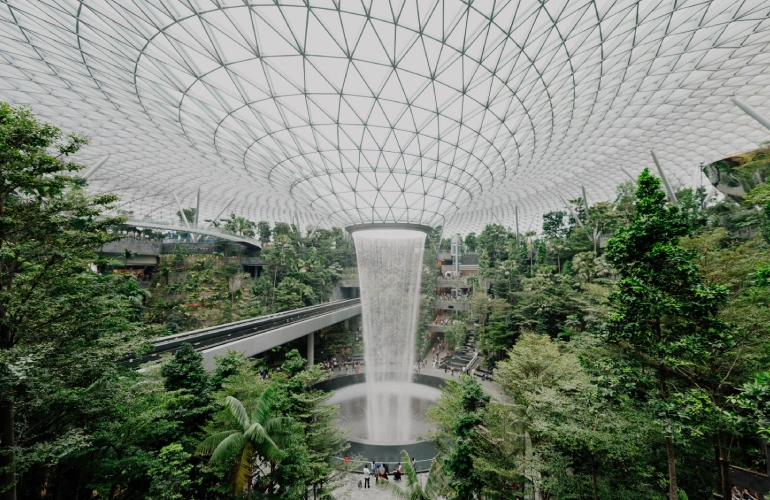Smart cities are the future of urban development, leveraging technology and data-driven solutions to enhance the quality of life for residents, improve sustainability, and boost operational efficiency. At the heart of these initiatives are infrastructure companies that play a crucial role in building and maintaining the physical and digital backbones of smart cities. Here’s how they are contributing to the smart city revolution.
1. Integrating Smart Technologies
Infrastructure companies are increasingly adopting smart technologies such as the Internet of Things (IoT), Artificial Intelligence (AI), and data analytics in construction projects. Smart sensors in roads, bridges, and public spaces provide real-time data on traffic, air quality, and resource usage, enabling city managers to make informed decisions.

2. Developing Sustainable Infrastructure
Sustainability is a core component of smart cities. Infrastructure firms are leading the way by using eco-friendly materials, promoting energy-efficient designs, and implementing green construction practices. Projects like green buildings, smart grids, and sustainable transportation networks contribute to reducing carbon footprints.

“Smart cities aren’t a vision of the future—they’re a necessity of the present.” ” – Carlo Ratti (Architect & Director, MIT Senseable City Lab).
3. Enhancing Mobility with Smart Transportation
Smart transportation systems, including intelligent traffic management, electric vehicle (EV) infrastructure, and smart parking solutions, are key to reducing congestion and emissions. Infrastructure companies are pivotal in constructing EV charging stations, integrated transit hubs, and smart roadways that adapt to changing conditions.
4. Supporting Digital Infrastructure
A robust digital infrastructure is essential for smart city functions like public Wi-Fi, smart lighting, and emergency response systems. Infrastructure companies are involved in deploying fiber optic networks, 5G towers, and digital kiosks, ensuring seamless connectivity across urban environments.

5. Building Resilient Urban Spaces
Resilience is a critical element of smart cities, particularly in response to climate change and natural disasters. By constructing adaptive infrastructure such as flood-resistant buildings and modular housing, infrastructure companies enhance the durability and flexibility of urban spaces.
6. Collaborating with Governments and Tech Firms
Public-private partnerships (PPPs) are vital in advancing smart city projects. Infrastructure companies work closely with governments and technology providers to plan, fund, and execute smart solutions. These collaborations facilitate large-scale initiatives like smart utilities, waste management systems, and public safety technologies.
Conclusion
Infrastructure companies are not just building the physical structures of smart cities but are also integrating advanced technologies to make cities smarter, greener, and more efficient. As smart city initiatives gain momentum, the role of infrastructure companies will continue to expand, driving innovation and contributing to a more sustainable and connected urban future.




